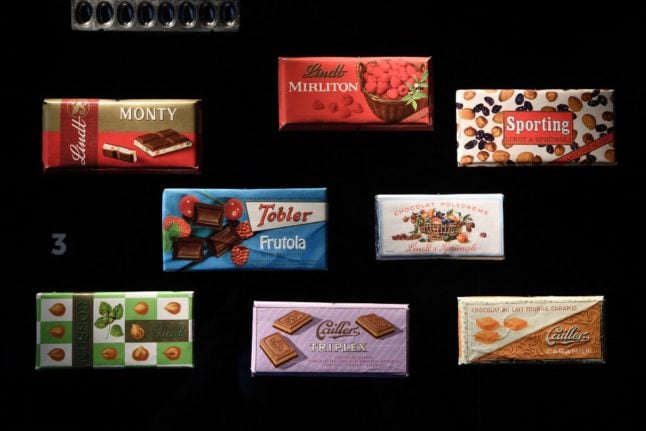Beware of fake emails from the “government”
A number of emails impersonating federal authorities are currently circulating in Switzerland, according to GovCER, the official national cybersecurity cell.
The agency is warning recipients not to answer these messages, reporting them instead on this site.
Caution ⚠️ Cybercriminals are currently sending out fake emails impersonating the Swiss Confederation 🇨🇭, used to phish credit card details of Swiss citizens 🪝💳 Report suspect emails or links on https://t.co/wycUJr74cJ ! pic.twitter.com/lTozLuatdU
— GovCERT.ch (@GovCERT_CH) April 20, 2021
This is the latest attempt at sending fake emails to random people in Switzerland, including those allegedly from law enforcement agencies or banks.
Security glitches on vaccination platform are fixed
Nearly a month after www.meineimpfungen.ch / www.mesvaccins.ch website was closed due to massive flaws in the platform’s security, the problems have now been resolved.
“All security gaps had been identified and fixed,” said spokesperson Nicole Bürki.
The website, which allows people to create an electronic version of their paper vaccination record, will go live again as soon as the government and the Federal Office of Public Health give a green light.
It was closed on March 24th, after it was discovered that data of about 450,000 registered users, including 240,000 who were vaccinated against Covid, may have been compromised and potentially exploited by criminals.
Vaccinated people may be exempted from quarantine
Those who are fully vaccinated will in the future be exempted from the quarantine requirement for six months.
“Based on the scientific data, we have come to the conclusion that people fully vaccinated with the mRNA vaccine can forego quarantine for six months if they come into contact with an infected person”, said Christoph Berger, President of the Federal Commission for Vaccination Issues.
Pfizer / Biontech and Moderna vaccines, which are used in Switzerland’s inoculation programme, both use the mRNA technology.
However, the exemption would not initially apply to travellers returning from countries at risk, Berger said.
Scientists reveal shocking truth behind Swiss chocolate
There are apparently pressing matters other than coronavirus that preoccupy Swiss scientists these days. Like, what odours are predominant in chocolate.
This is what researchers from the Institute of Food and Beverage Innovation in Wädenswil (ZH) are busy studying.
“To date, over 500 volatile compounds have been identified in cocoa and chocolate. Ultimately, however, only a few aromatic substances contribute significantly to the characteristic chocolate aroma”, the Institute said.
Chocolate lovers may be unpleasantly surprised to learn that among main aromas identified are potato, cabbage, and beetroot.
“Interestingly, there is not a single compound that smells like cocoa”, the study concluded.
READ MORE: Swiss chocolate consumption falls to 40-year low in pandemic
If you have any questions about life in Switzerland, ideas for articles or news tips for The Local, please get in touch with us at news@thelocal.



 Please whitelist us to continue reading.
Please whitelist us to continue reading.
Member comments